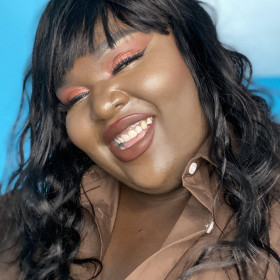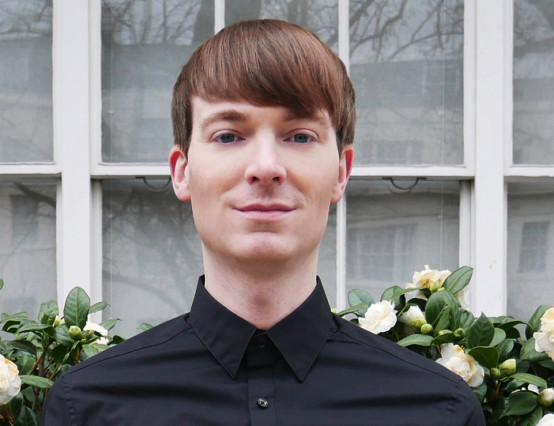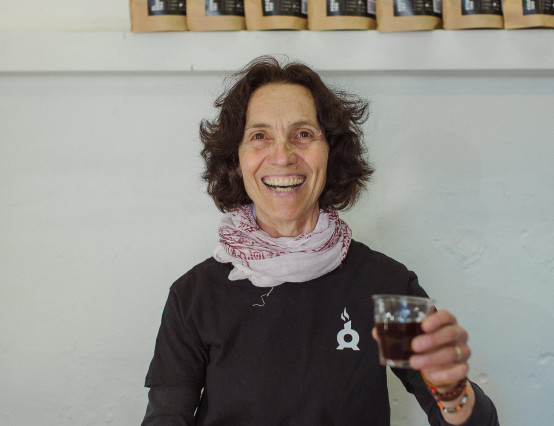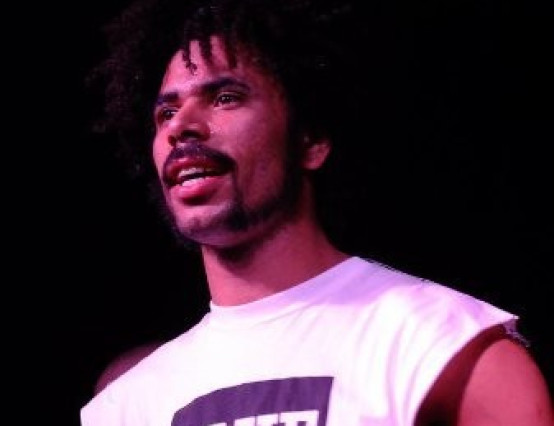Applying to university is a stressful process with what seems like an endless list of rules, deadlines and things to remember. The most tedious task, that plagues all those who dare to dream for a brighter future, is the personal statement.
What makes a good personal statement? Besides the structural guidelines of making a lifetime of achievements fit into 47 lines, there is a lot you can do to make your personal statement stand out from the rest and give you the attention you deserve.
What is a personal statement?
A personal statement is a piece of writing where you outline your skills, qualities, academic and general achievements, that make you the right candidate for the course you are applying for.
Many people find it hard to write about themselves. It’s the equivalent of being put on the spot in a job interview, where you’re asked about your strengths and weaknesses. If you’ve yet to go on a job interview, it’s a lot harder to answer than it sounds, when your potential employer is sat in front of you with bated breath as if there is only one right answer.
Not to worry though, because there are a few things you can do to ensure your personal statement is a true reflection of you and all you can accomplish.
Be specific
Writing a personal statement is all about the details. Pick a few skills/qualities/achievements etc. and really show them how you achieved them and what you gained from it. It’s a matter of quality over quantity and the admissions department is not short of the latter, so really think about how your skills and achievements make you the best possible candidate.
Make a direct connection
It’s not enough to just say, I’d be good on this course because I’ve always been interested in it; show them how. Even if you haven’t done anything directly related to the course you’re applying for, think about the transferable skills from what you’ve already studied and how they link together. If you have studied or have hobbies in the subject you’re applying for, let them know that your enthusiasm for the course goes beyond the classroom and really plays a part in your overall goal.
Don't say what you can't do
We have strengths and we have weaknesses, but the latter is not something the admissions department needs to know about. A personal statement is all about selling yourself; it’s about highlighting your achievements and expressing your potential to soar and succeed. Keep it positive and don’t be afraid to brag, because it’s the only time you’ll be able to without being unbearable to be around.
Draft, edit and review
The biggest mistake you can make when writing your personal statement is thinking that you can knock it out in one afternoon. Not only will the admissions department catch on that not a lot of thought has gone into, it makes a bad impression. Remember this is you first impression. So, draft, edit, review, read to friends, family, teachers and then draft some more. You don’t want to get caught out on a simple spelling error, like using the wrong “there”, because you didn’t put in the time. At most it’s a few days, maybe a week, of your life. Draft at least 3 or 4 times before you call it a masterpiece.
Stick to the guidelines
Once you get started you’ll realise how much you actually have to say, and 47 lines will seem like a text message. As great as it is that you’re getting into the flow, stick to the guidelines. The system cuts off your personal statement, mid-sentence if necessary, the moment you go over the limit. Don’t let that killer last sentence - the one that’s destined to clinch the deal - get lost in mid-statement jargon or unnecessary filler content. The best way to go about it, is to use the first draft to get everything you need to say down on paper, or on Word, and then deduct. Even if your first draft is 10 pages, it’s easier to take away then it is to come up short and then have to add.
Make it personal
It’s called a personal statement for a reason. Of course, you should adhere to grammatical accuracy, but don’t be afraid to let your personality show. Make references to things in your life that make up your character. For example, if being the eldest of your siblings has made you a natural leader, a caregiver or responsible, tell them. The point of the personal statement is so the university can get to know the person behind their predicted grades. Be careful not to get carried away with humour and make sure not to get lost in an anecdote to the point of waffling, but don’t be afraid to let them in.
Make them remember you
From the first sentence to the last full stop, make them remember you. Abandon traditional sentence starters. Admissions are going to receive thousands of personal statements that start with, “I believe I’d be right for this course because…”. Even if the first draft reads like that, take the time to be more creative with your statement. Think about what you would want other people to say about you and use that as a guide. Use your conclusion to add some spice or a sense of intrigue without the cliché. If you need help, think about that moment in your favourite movie where you know someone is about to kick butt or prove everybody wrong. Your personal statement is your mic drop moment, don’t let it go to waste.










So nice infromation about personal statement ..lot of many things to learn from your article ..
Thanks
you can visit this blog also.. Subhash Deshmukh